by Fatima Khan
WISP is excited to launch its career series, highlighting extraordinary women working on security and privacy issues, with the first article about Cindy Cohn and her career path, work, and advice to young professionals.
Interview: Cindy Cohn, Executive Director, EFF
The Bill of Rights is the most important part of the Constitution for individuals and is just as important to technology companies. Much of the precedent surrounding the Bill of Rights was established in the mid-20th century, prior to the introduction of most of the technology we use today. The Electronic Frontier Foundation (EFF) is one the leading organizations fighting to protect our digital civil liberties. At the helm of EFF is executive director, Cindy Cohn. When she’s not out hiking or walking her Bernese Mountain Dog, Cindy spends her time as one of the most important individuals in privacy and security today – she stands at the crux of technology fighting to protect our liberties.
Career Path
If you’ve heard the advice to explore any opportunity that comes your way, Cindy’s career path serves as a solid example of where such advice can take you. Starting her career as a human rights lawyer, Cindy was offered an opportunity to work on tech work with EFF while continuing to work as a human rights lawyer. Through her early work with EFF while at a small San Mateo firm, McGlashan & Sarail, she was able to work on cases such as Bernstein v. US Department of Justice, which established code as speech. After winning Bernstein, she had many options to move on to a prestigious law firm or take another path, but she joined EFF full-time because the role afforded the opportunity to “apply old ideas to a new context” which allows “things to keep being interesting” – two aspects which she recommends women to look for in their chosen career.
Advice to Women Professionals
In addition to seeking out “fun” work, her first piece of advice is for individuals to seek out strong mentors and a “posse” that will support you on tough decisions. Her second tip for young professionals is guidance that she herself received from a mentor and continues to pass on to young EFF staff: “have someone assess your style”, or determine what makes you trustworthy and credible. In particular, “women have to be cognizant and pay attention to style in a way men may not necessarily have to.” While men are given instant credibility, women have to examine their personal demeanor and objectively assess whether it portrays someone that is earnest, confident, and trustworthy.
Although good-natured and modest, Cindy’s third piece of advice for young women is as astute as the strategic assessment found in Sun Tzu’s The Art of War. As a young, female litigator, she found herself subject to bullying calls by senior male opponents. In return, she listened and didn’t get defensive. Once your opponent “goes on about how weak your case is, then you learn what their strengths are and by contrast, their weaknesses. This is one of the best things you can get in litigation.” While she thinks it’s fair to show your power and stand up to disrespect, “as an attorney, personal matters are sometimes secondary to winning for your client.”
She also advises female professionals to “work towards the things that make you feel good and follow your heart. Find people that do interesting things and take them out to coffee and see where you want to go. Meet the people doing what you are passionate about and they will be the ones that hire you when they’re looking for help.” She suggests that all professionals “work towards the things that interest you and find those projects and contribute to them, or else, create those projects yourself.”
Change and Everyday Activism
Even if the current round of crypto wars sometimes feel like being in the Bill Murray movie Groundhog Day, Cindy continues her optimism and isn’t skeptical about change. She recognizes that the fight for civil liberties is a continuous “push and pull between those that care about civil liberties and those that are hostile or indifferent to them.” She is particularly hopeful that the Third-Party Doctrine will be struck down and lead to new legal precedent because it “diverges so dramatically from how people live their lives and what their expectations are.” Although she thinks that “people will continue to need to be on their guard and pay attention to the government… people now understand the context for many civil liberties and technology issues like email privacy and it’s more relatable.”
Although everybody may not have Cindy’s optimism for change, female professionals can contribute to EFF’s work by taking action in areas relevant to their experiences. Cindy suggested that you “feel confident that you can report bad behaviors and situations in companies that are uncomfortable.” Even if you don’t want to be a whistleblower like Snowden, “you shouldn’t feel trapped or powerless - EFF can connect you to an attorney.” Also, contribute to open source projects, such as those that build tools for encryption and privacy.
In conclusion, Cindy Cohn is an outstanding example of a woman that has managed to break through the Silicon Valley culture of the successful male stereotype to lead one of the most important digital rights group in the world. She says it’s important to have “lots of spaces for women to get involved and support each other” and “keep the barrier to entry low and be really inviting.” WISP’s mission seeks to do exactly this - make security and privacy a comfortable place for all genders to collaborate together. If you have a suggestion to improve or expand our community, feel free to reach out to us!

